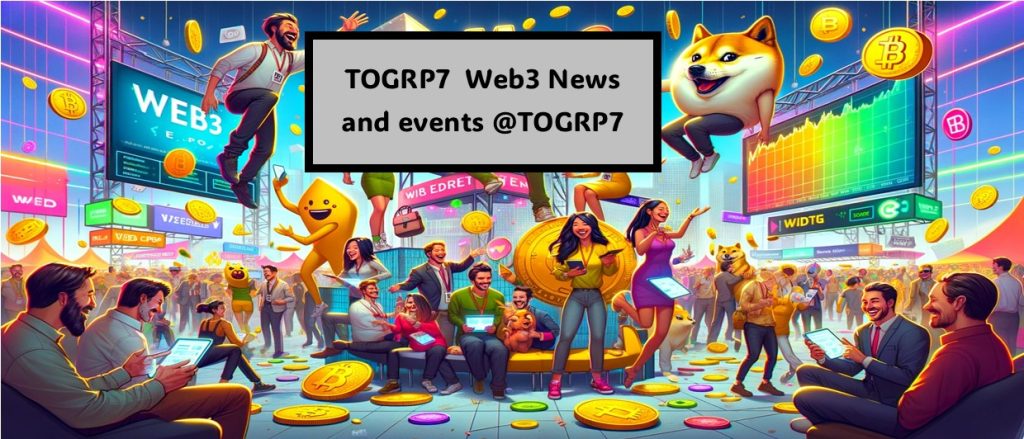The Next Stage of Web3 Evolution: Zero-Knowledge Tech Unleashed

The digital world is on the cusp of a major evolutionary leap with Web3, signaling a transformative era where the emphasis on privacy, security, and user sovereignty takes center stage. At the heart of this revolution lies a groundbreaking technology: zero-knowledge proofs (ZKP). As we delve into the intricacies of this technology, we uncover its potential to redefine the fabric of the internet and digital interactions.
Understanding Zero-Knowledge Proofs
What Are Zero-Knowledge Proofs?
Zero-knowledge proofs are a form of cryptographic protocol that allows one party (the prover) to prove to another party (the verifier) that a statement is true, without revealing any information beyond the validity of the statement itself. This seemingly magical concept is not just a theoretical curiosity; it’s a powerful tool for enhancing privacy and security in a digital age.
The Significance of ZKP in Web3
In the context of Web3, ZKP offers a way to conduct transactions and interactions with full privacy and security. Imagine being able to prove your identity, age, or any other attribute without revealing any additional personal information. This is the promise of ZKP, making it a cornerstone of the Web3 vision.
The Role of Zero-Knowledge Tech in Web3 Evolution
Enhancing Privacy and Security
Zero-knowledge tech is set to redefine online privacy and security. By enabling verifiable transactions without exposing underlying data, it addresses significant concerns around data privacy and security in the digital realm.
Facilitating Trustless Transactions
One of the core principles of Web3 is the idea of trustless interactions. ZKP technology empowers this concept by allowing parties to interact and transact without needing to trust each other or a third party. This is a game-changer for decentralized finance (DeFi), online marketplaces, and beyond.
Empowering User Sovereignty
With ZKP, users gain unprecedented control over their personal information. This technology ensures that individuals can share and prove their data without risking privacy, marking a significant step towards true digital sovereignty.
Zero-Knowledge Tech: Use Cases and Applications
Decentralized Finance (DeFi)
In DeFi, ZKP can facilitate secure and private transactions, lending, and borrowing, without revealing sensitive financial information.
Identity Verification
Imagine proving your identity or eligibility for a service without revealing any personal details. ZKP makes this possible, revolutionizing how we think about online verification.
Voting Systems
ZKP can ensure the integrity of electronic voting systems, allowing individuals to cast votes without revealing their choices, thereby maintaining the secrecy of the ballot.
Challenges and Future Directions
Scalability and Efficiency
While ZKP offers immense benefits, challenges remain in terms of scalability and computational efficiency. Ongoing research and development are crucial to overcoming these hurdles and unlocking the full potential of zero-knowledge tech in Web3.
Widespread Adoption
For ZKP to truly transform the Web3 landscape, widespread adoption and integration into existing systems are necessary. This requires not only technical solutions but also regulatory clarity and public awareness.
Conclusion
The next stage of Web3 evolution, underpinned by zero-knowledge tech, promises a future where privacy, security, and user sovereignty are not just idealistic goals but tangible realities. As we venture into this new era, the possibilities are as exciting as they are vast. The journey towards a more secure, private, and user-centric digital world is just beginning, and zero-knowledge proofs stand at the forefront of this monumental shift.
Frequently Asked Questions (FAQs)
- What is Web3 and how does zero-knowledge tech fit into it? Web3 represents the next generation of the internet, focusing on decentralization, privacy, and user control. Zero-knowledge tech is crucial for ensuring privacy and security within this framework.
- How do zero-knowledge proofs work? Zero-knowledge proofs allow a prover to convince a verifier of the truth of a statement without revealing any information beyond the fact that the statement is true.
- Can zero-knowledge proofs be used outside of blockchain and cryptocurrencies? Absolutely. While ZKP has significant applications in blockchain and cryptocurrencies, its potential extends to any domain requiring secure, private verification, such as online voting, secure messaging, and more.
- Are there any limitations to zero-knowledge proofs? The main challenges currently facing ZKP are related to scalability and computational efficiency. However, ongoing research is addressing these issues.
- How can I start using zero-knowledge tech? Getting started with zero-knowledge tech requires a foundational understanding of cryptography and blockchain technology. Numerous resources and communities are available online to help beginners. fullstory





